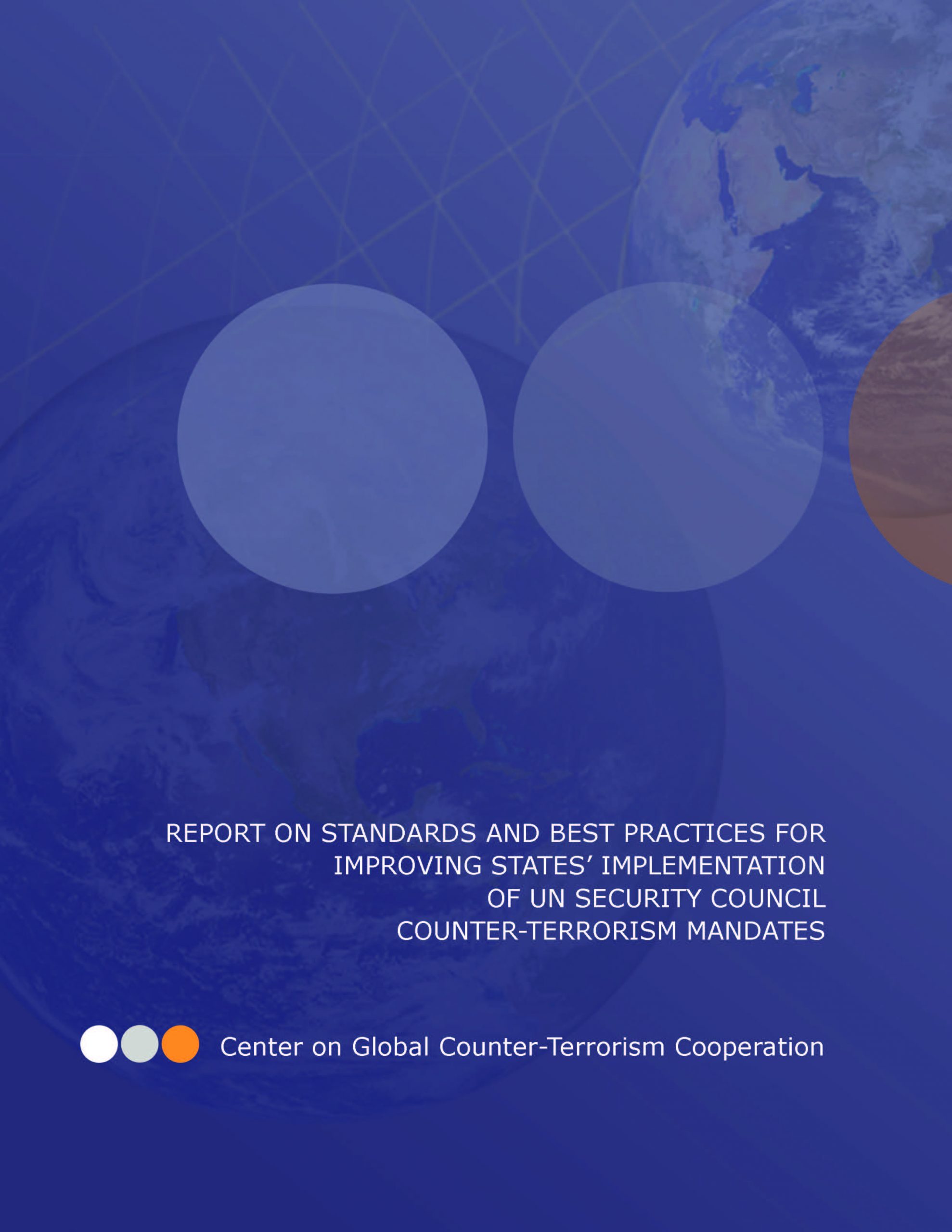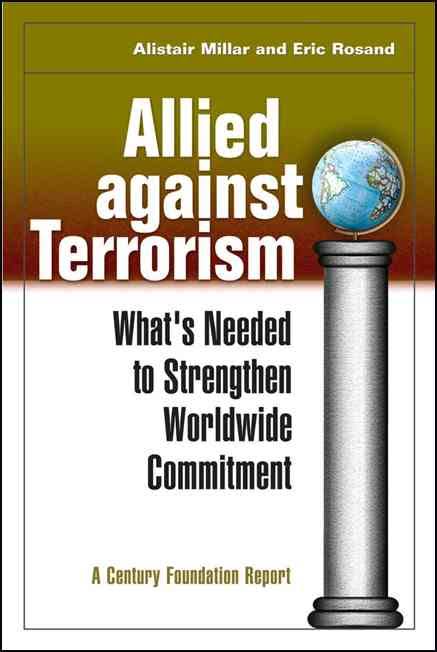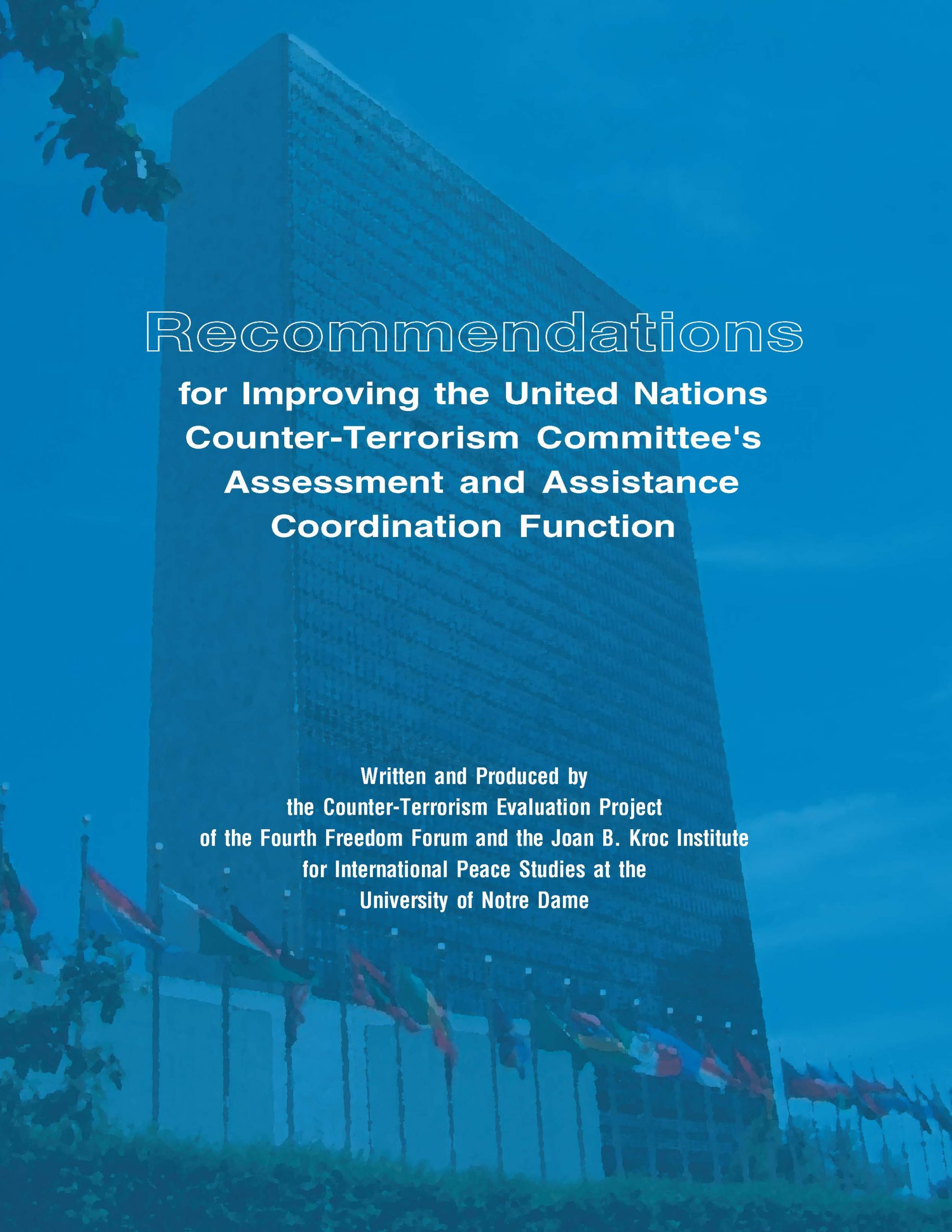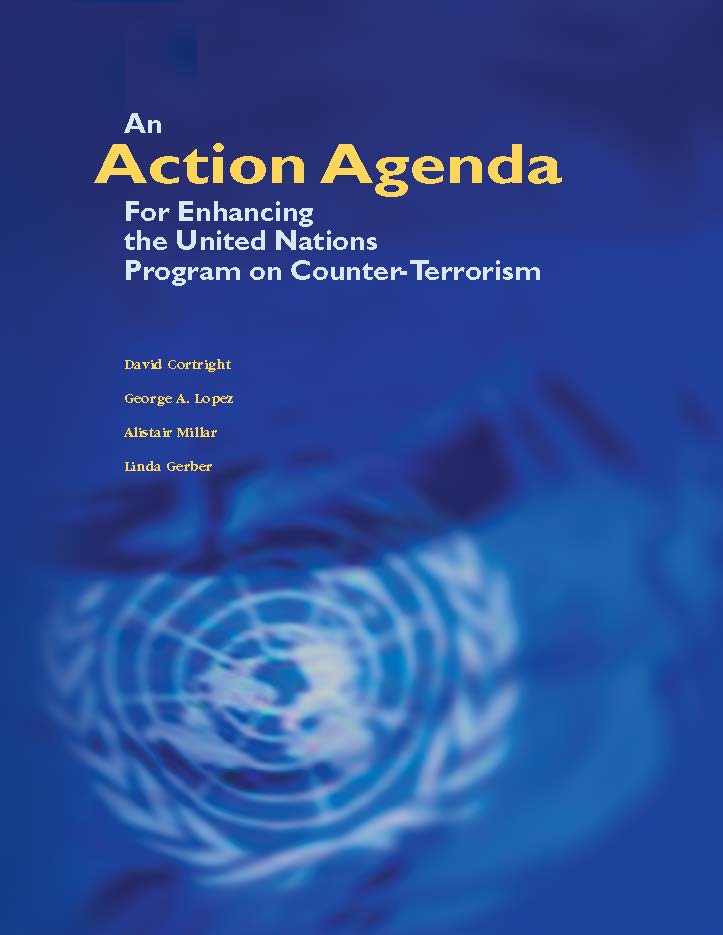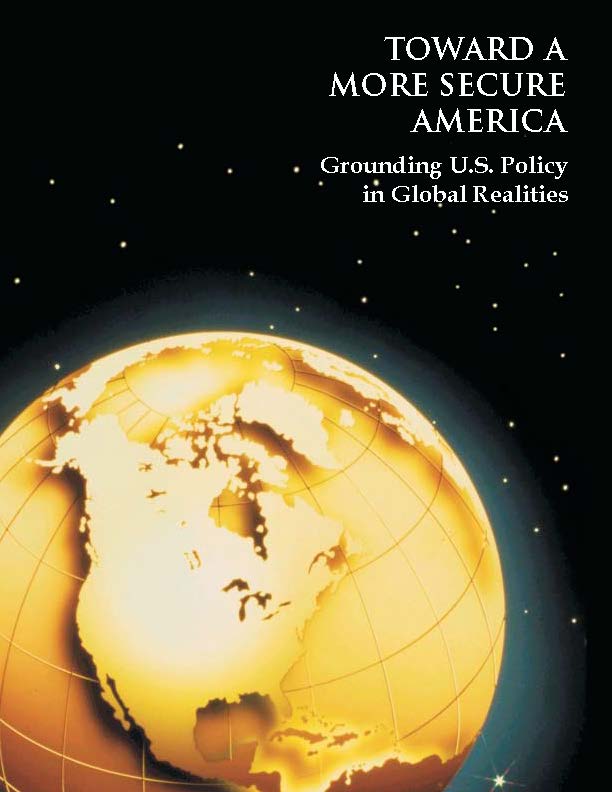Uniting Against Terror: Cooperative Nonmilitary Responses to the Global Terrorist Threat
Book — 2007
This book argues that defeating the global terrorist threat requires engaging international financial, diplomatic, intelligence, and defense communities and law enforcement organizations in an atmosphere of cooperation. It examines cooperative diplomatic and economic policies to address the changing face of terrorism and the global al-Qaida threat, differentiates between protective measures and long-term preventive policies, and makes recommendations for effective cooperative nonmilitary strategies.


